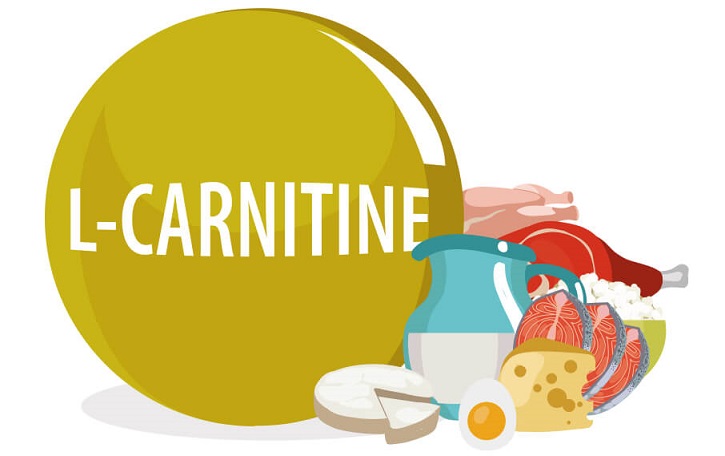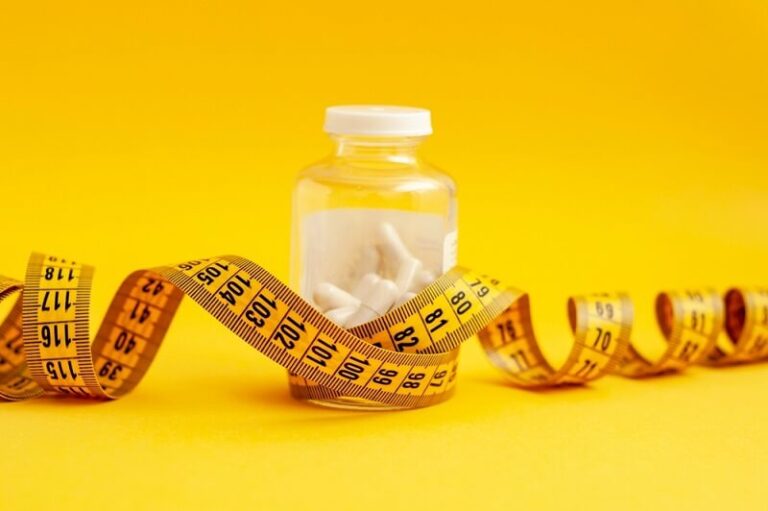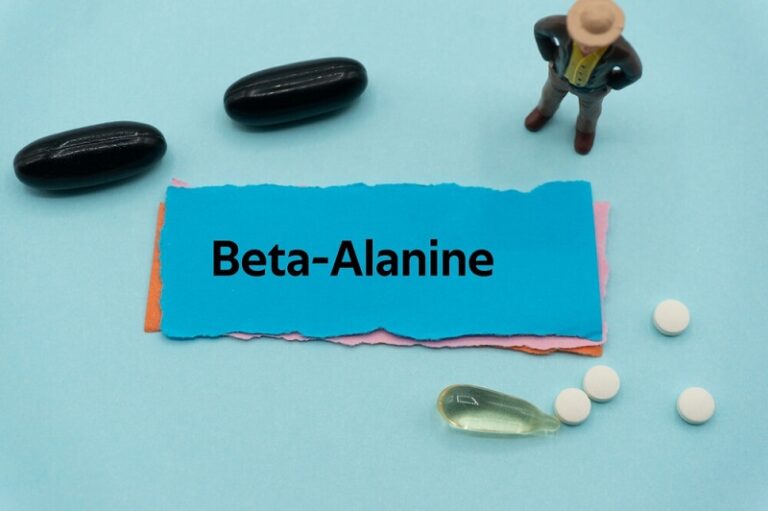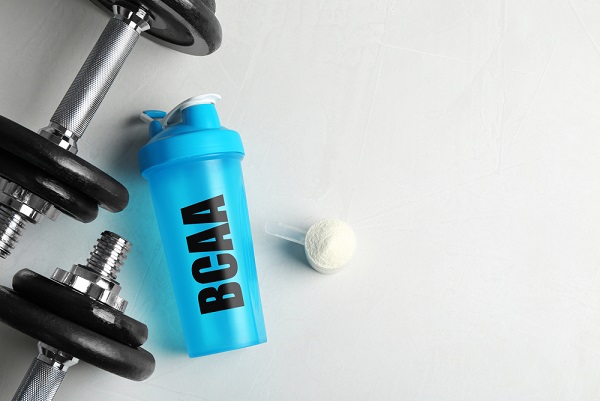What does creatine do for the body?
One of the most well-liked athletic performance nutritional supplements for athletes is creatine. Studies have repeatedly demonstrated that taking this supplement increases the amount of creatine in the muscles, which in turn enhances training adaptations and exercise performance. According to research, using creatine supplements may improve concussion and spinal cord neuroprotection, post-exercise recovery, injury prevention, thermoregulation, and rehabilitation. Numerous clinical uses of this supplementation have also been investigated, including those for diabetes, osteoarthritis, fibromyalgia, ageing, brain and heart ischemia, adolescent depression, pregnancy. (1)
Creatine is necessary for the production of muscle energy. Skeletal muscle contains about 95% of it. In the US, it is present in most sports supplements. When taking it, those with lower starting levels appear to profit more than those with higher starting levels.
Creatine is frequently used by people to increase muscle mass and improve workout performance. Numerous other illnesses are treated with it, including as depression, fatigue, MS, and muscle cramps, however the majority of these are not well supported by science. (2)
Does Creatine Cause Water Retention?
The alleged misconception that creatine supplements increase body water is probably a result of early studies that revealed water retention was linked to this supplementation at a dose of 20 g/day for six days. Water retention in the early stages (first few days) of this supplementation does seem to be the most frequent adverse effect. For instance, research has shown that taking creatine for three days increased total body water, extracellular body water, and intracellular water. Unfortunately, it has been commonly believed that creatine increases water retention over the long run based on these short-term reactions.
Is creatine a steroid?
While anabolic steroids and creatine may have similar physiological and performance effects, their legal classifications and modes of action are different. Anabolic steroids cannot be possessed or used without a prescription from a doctor. However, possessing or ingesting creatine is not subject to any legal penalties. It is a perfectly natural and legal substance that is found in foods like meat and in your body and has no connection to steroids.
does creatine cause hair loss?
The available information does not support the notion that using creatine supplements will result in baldness or an increase in total testosterone, free testosterone, or DHT. DHT is a metabolite of testosterone, formed when the enzyme 5-alpha-reductase converts free testosterone to DHT. DHT can shrink vulnerable hair follicles in males by attaching to androgen receptors. This might result in hair loss, However according to a study no increase in total testosterone was found.
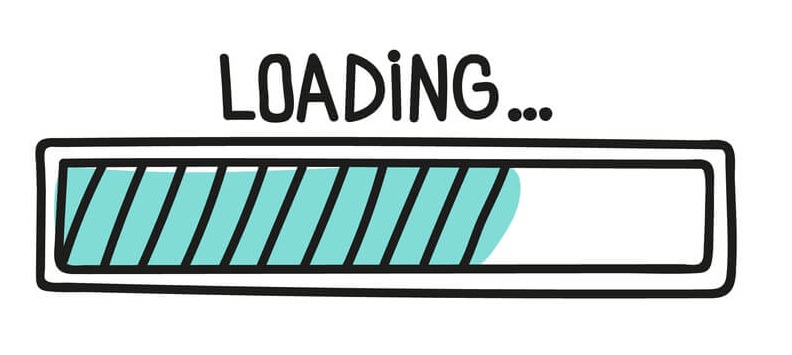
What is creatine “loading phase”?
Best time to take creatine or the term “creatine loading” refers to taking oral creatine supplements for 5-7 days at a dosage of 20–25 g/day, frequently divided into smaller dosages throughout the day. A daily “maintenance” phase of this supplementation follows the “loading” phase, typically consisting of daily dosages of 3-5 g. In order to raise intramuscular creatine reserves and consequently enjoy the alleged ergogenic effects of creatine supplementation, it is a prevalent myth that people must “load” up on creatine.
In conclusion, growing research suggests that you do not need to “load” it. In order to increase intramuscular creatine reserves, muscle accretion, and muscle performance/recovery, lower daily doses of this supplementation (i.e., 3-5 g/day) are helpful.
Does creatine make you gain weight?
The answer is No. There is no scientific study shown that consuming creatine leads to weight gain or increase of body fat. If there is slight difference in your weight, perhaps it is caused by production of new muscle tissues due to training.

creatine phosphate (CP)
In order to recycle adenosine triphosphate, the cell’s energy currency, it is a phosphorylated form of creatine that acts as a readily accessible reservoir of high energy phosphates in the brain, heart, and skeletal muscle. (3)
In muscles, CP acts as a energy buffer. Skeletal and cardiac muscle receive the creatine that the liver produces via blood flow. When it gets into the mitochondria, it gets phosphorylated to become CP. The primary phosphate-storage molecule for high energy in muscle is CP.


